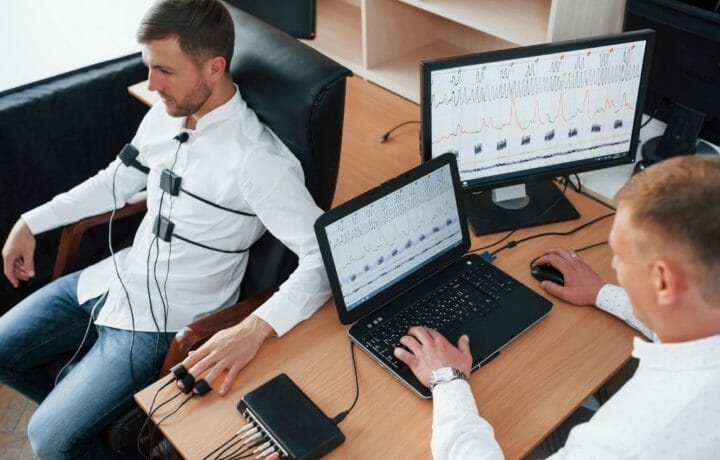This week, Defense Counterintelligence and Security Agency (DCSA) Director, Bill Lietzau, addressed students, security clearance holders, and other government leaders through a webinar with the Intelligence and National Security alliance (INSA). Along with an overview of Trusted Workforce 2.0 past, present, and future, Lietzau spoke to other security clearance hot topics like the new Personnel Vetting Questionnaire (PVQ), eAPP, facility clearances, and the other elephant in the room where security clearance policy, recruiting, and retention meet: the polygraph.
The Defense Intelligence Agency (DIA) officially transferred operational control of the National Center for Credibility Assessment (NCCA) to DCSA toward the end of 2021. According to a DCSA press release, NCCA previously was “the government’s premiere educational center for polygraph and other credibility assessment technologies and techniques, and assist(ed) federal agencies in the protection of U.S. citizens, interests, infrastructure, and security by providing the best education and tools for credibility assessment.”
With DCSA taking over polygraph countermeasures education and research, they are also tasked with training the next generation of polygraph examiners to help ensure we have enough cleared candidates with a polygraph to staff government programs.
When asked what the challenges are with recruiting folks to be a part of their training school, Lietzau noted that they have “reduced timelines – but figures I provided are for the fastest. Often when someone has a negative anecdotal experience, they aren’t talking about the initial clearance – they are talking about the polygraph that is going to give them access with whatever agency.”
Are polygraphs happening fast enough to fill positions in the cleared workforce?
Many recruiters claim they are not.
DCSA provides examiners for 30+ agencies. Lietzau says, that the “school graduates around 90 poly examiners a year. We’ve been told by customers that they need more.” They do have the capacity to put more in their class to surge or increase their output of examiners. Could certifying more polygraph examiners allow recruiters, FSO’s and HR teams get more clearance holders through the polygraph faster to staff government programs?
Only time will tell.
POLYGRAPH EXAM DEBATES
There has always been chatter about the polygraph as a tool – whether or not it works or just intimidates candidates. And then questions surface on the validity of the results.
When the poly identifies something that would’ve been a problem or instances of candidates lying on the SF-86 – we know the tool works in some situations. “The capability is proven – I have not gotten involved in policy debates on when or where to use them. There are people that don’t think it’s worthwhile – we will implement it and make sure the poly examiners that the government has are the best possible examiners you can get.”
Lietzau says “the Under Secretary for Intelligence and Security is keen on ways to improve the poly exam. We’re looking at new technology and pilot cases for how we can do this better than the original poly machines.”
However, Lietzau’s overarching advice for recruiters to tell their candidates undergoing the poly is to tell the truth and taking time to prepare is not worth the time – don’t overthink it.




